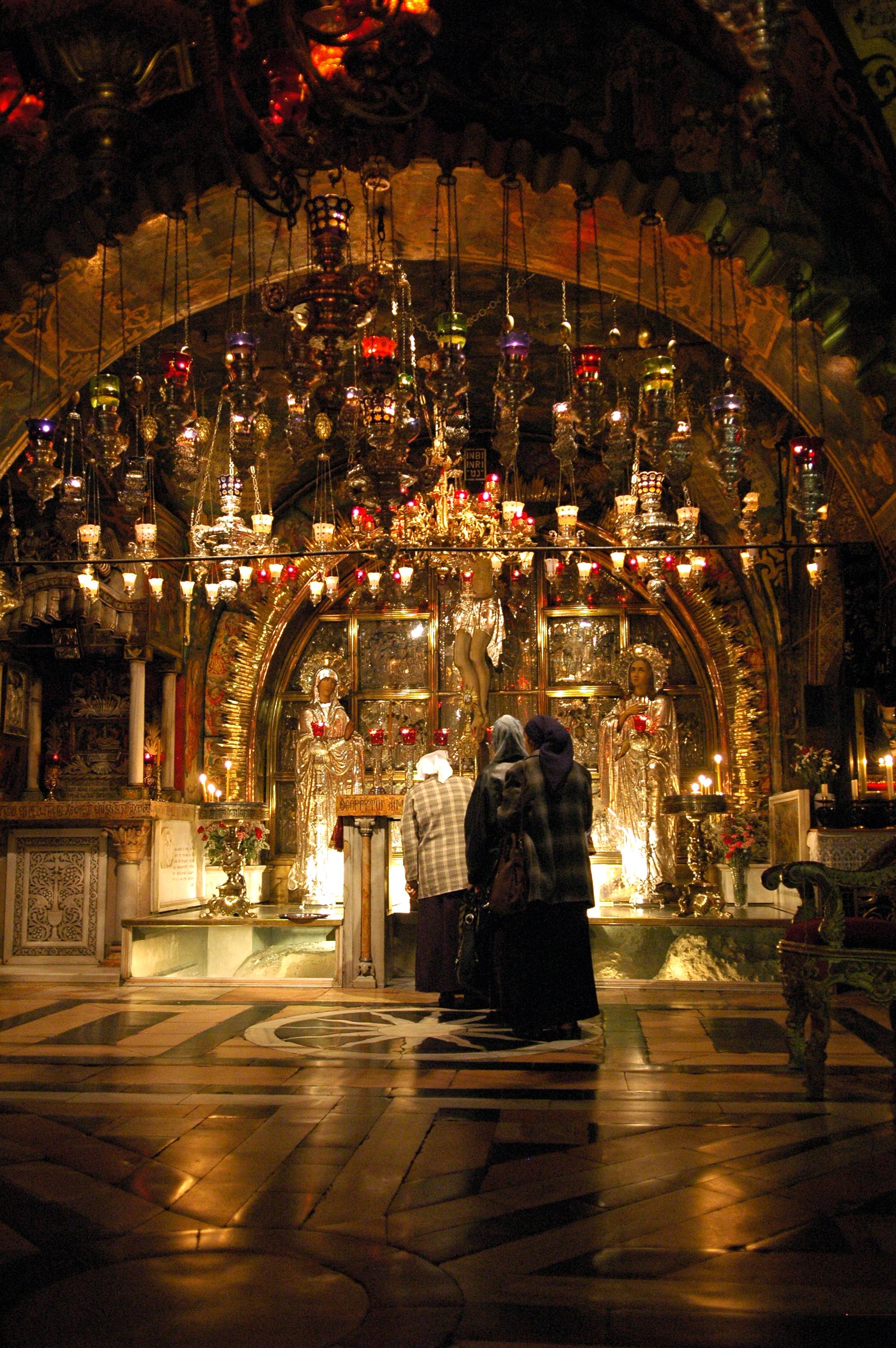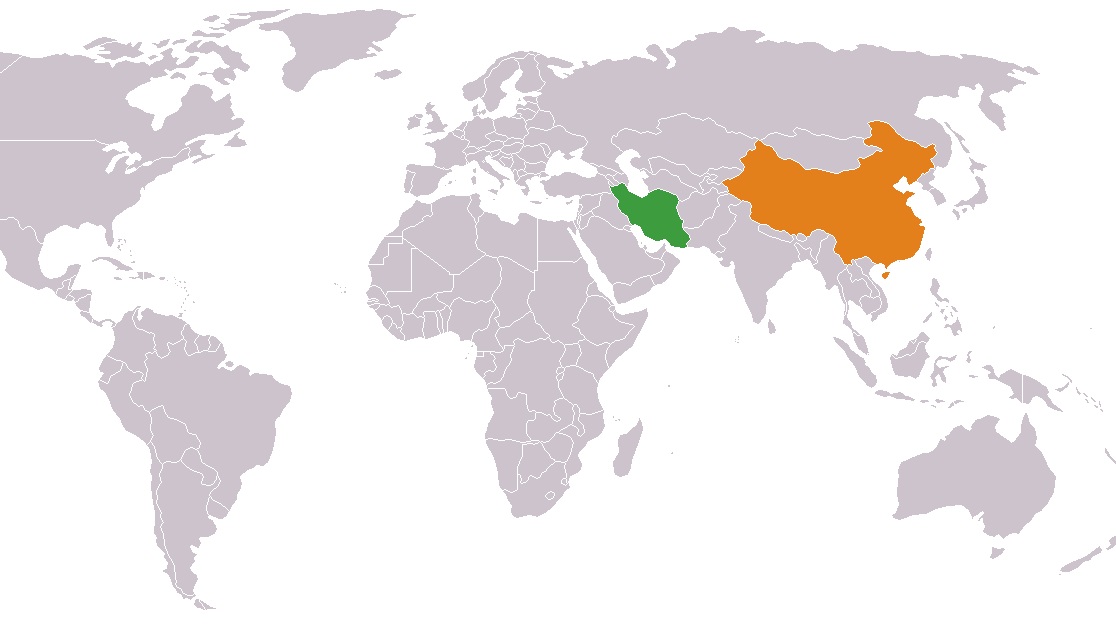Iran Digest Week of March 1-8
/Iran Digest
Week of March 1-8
AIC’s Iran digest project covers the latest developments and news stories published in Iranian and international media outlets. This weekly digest is compiled by Research Associate Michel Gomes and Communications Associate Shahab Moghadam. Please note that the news and views expressed in the articles below do not necessarily reflect those of AIC.
US-Iran Relations
U.S. Urges New UN Sanctions On Iran For Missile, Satellite Launches
The United States has urged the United Nations Security Council to impose sanctions on Iran over its recent ballistic-missile test and launches of two satellites, saying they violate the world body's resolutions.
Acting U.S. Ambassador Jonathan Cohen on March 7 condemned "Iran's destabilizing activities" in a letter to Secretary-General Antonio Guterres and called on Tehran "to cease immediately all activities related to ballistic missiles designed to be capable of delivering nuclear weapons." (Radio Farda)
US government no longer excludes MEK as leadership option for Iran
US administration talking points no longer exclude the Mujaheddin-e Khalq (MEK) as a potential replacement for the government of the Islamic Republic of Iran, Al-Monitor has learned.
Removed from a State Department list of terrorist organizations in 2012 after an expensive lobbying campaign, the MEK is understood to be widely reviled inside Iran as a leftist Islamist cult that sided with Saddam Hussein during the 1980-88 Iran-Iraq war. The group advocates the overthrow of the Iranian government and the elevation of Maryam Rajavi, the wife of MEK founder Massoud Rajavi, as the new leader. She lives in exile outside Paris. (Al-Monitor)
Trump admin admits a dozen Iranian Christian refugees, hundreds more in limbo
U.S. authorities have allowed about a dozen Christian refugees from Iran into the U.S. after a federal court ordered their cases reopened, but the fate of hundreds of other Iranian refugees seeking American visas remains uncertain, lawyers said.
The small group of Iranians arrived in Los Angeles in recent weeks after a federal judge last year ordered the U.S. government to reconsider their applications, which had been previously denied.
The Iranian Christians are ethnic Armenians who sought admission under the Lautenberg-Specter law, which provides visas for members of religious minorities facing persecution and discrimination in the former Soviet Union and Iran. Until President Donald Trump took office, the program's acceptance rate had been close to 100 percent, humanitarian groups say. (NBC)
Nuclear Accord
JCPOA Joint Commission focuses on EU financial mechanism
The JCPOA Joint Commission held its 11th meeting in Vienna on Wednesday with the participation of the remaining parties to the international nuclear deal.
The meeting was co-chaired by Iranian Deputy Foreign Minister Abbas Araqchi and Helga Schmid, secretary general of the European Union's foreign policy service.
According to IRNA, the JCPOA parties discussed details of a newly-registered EU financial mechanism –known as INSTEX – to facilitate trade with Iran despite U.S. sanctions. (Tehran Times)
Economy
Exodus by big firms pushes Iran toward smaller Chinese enterprises
China is still Iran's top trade partner, leading oil customer, a key technology exporter, a major political ally and one of the signatories to the Joint Comprehensive Plan of Action (JCPOA) still committed to the deal. All of this has given Beijing an increasingly central position in Iran's "Look to the East" doctrine, a key foreign policy strategy actively pursued by the Islamic Republic after the US withdrawal from the nuclear deal in May 2018.
The recent visit to Beijing of a senior Iranian delegation comprising the parliament speaker, ministers of economy, oil and foreign affairs, the central bank governor and senior lawmakers shows how Iran is banking on China as US sanctions are hitting the Iranian economy hard. (Al-Monitor)
Environment
‘Further measures required to preserve forests’
Iran's forest area is approximately 12 million hectares with 0.2 hectares per capita, which is one quarter of the world average, so attention to preserve the forest areas must be four times the global attention, faculty member of the Research Institute of Forests and Rangelands has said.
Mohammad Darvish made the remarks on the occasion of the National Tree Planting Day, in which people are encouraged to plant trees across the country, held on the first day of the National Week of Natural Resources annually observed on March 6 to 13.
Unfortunately, forests have been taken for granted in the country, as 2 million hectares of the northern forests has been depleted since 1330s (1950s), thus no serious protection measures have been taken, he said. (Tehran Times)
Inside Iran
Iranian Teachers Stage Nationwide Strikes To Protest 'Unfair Wages,' Jailing Of Activists
Dozens of teachers staged sit-ins in schools across Iran for the third consecutive day to protest against low salaries and the jailing of teachers' rights activists.
The strikes were organized by the Coordinating Council of Teachers Syndicates in Iran (CCTSI), which said on March 5 that educators at more than 1,000 primary and secondary schools in Tehran, Isfahan, Hamadan, Karaj, Kermanshah, Shiraz, Yazd, and dozens of other cities and towns had participated in the protests. (Radio Farda)
Iran's leader names hardline cleric Raisi as judiciary chief: IRNA
Iran’s Supreme Leader appointed hardline cleric Ebrahim Raisi as the new head of the judiciary on Thursday, the state news agency IRNA said.
The appointment of Raisi, 58, a protégé of Supreme Leader Ayatollah Ali Khamenei, positions him to undermine the influence of moderates under President Hassan Rouhani in Iran’s complicated multi-tiered power structure.
“I am appointing you as the head of the judiciary..., as a person who is familiar with the judiciary after years of serving inside the system,” Khamenei said in a statement carried by IRNA. (Reuters)
Regional Politics
EU Envoys Agree To Prolong Sanctions Against Iranian Human Rights Abusers
European Union ambassadors have decided to leave sanctions imposed on dozens of Iranians accused of severe human rights abuses in place for another year.
EU-nation envoys in Brussels made the decision on March 6, according to diplomats who spoke on condition of anonymity because they were not authorized to reveal details of the discussions publicly
The asset freezes and visa bans apply to 82 Iranian citizens -- including several judges and prosecutors, members of the Islamic Revolutionary Guards Corps, senior police officers, and prison wardens -- and one entity, the Iranian Cyberpolice. (Radio Farda)
Analysis
The Next U.S. President Should Rejoin the Iran Nuclear Deal
By: Ilan Goldenberg and Eric Brewer
To the surprise of many analysts (us included), Iran has continued to abide by the 2015 nuclear deal, formally known as the Joint Comprehensive Plan of Action, despite the Trump administration’s decision last year to withdraw from it and reimpose U.S. sanctions. Tehran seems to be betting that if it can weather the economic pressure, come 2021, a new U.S. president could reverse Donald Trump’s decision and re-enter the deal. As long as this hope holds out, the deal’s backers in Tehran appear to have persuaded Supreme Leader Ali Khamenei to stay in the deal for now, capitalizing on the discord between the United States and its European allies, and avoiding the larger snapback of European and United Nations sanctions that would follow if Iran were to return to its nuclear activities.
The first question a hypothetical 2020 election victor (not to mention candidates on the campaign trail) will face is whether or not the United States should re-enter the deal. The answer should be a resounding yes. The Iran nuclear deal is one of the most robust and detailed nuclear agreements ever achieved, and when the United States withdrew, the deal was working exactly as designed: Iran’s nuclear program was drastically curtailed, and the U.S. ability to detect any Iranian attempt to build a bomb—should its ambitions ever change—was significantly improved. Most importantly, Iran was adhering to the deal and continues to do so. If the United State re-enters the deal, these benefits will persist. (Foreign Policy)










